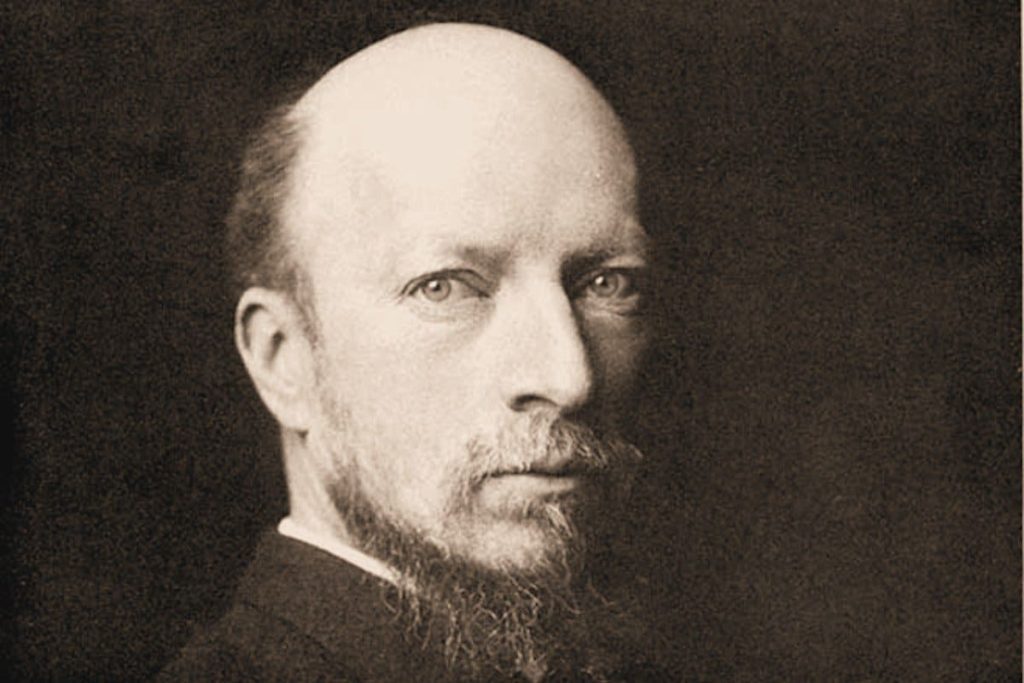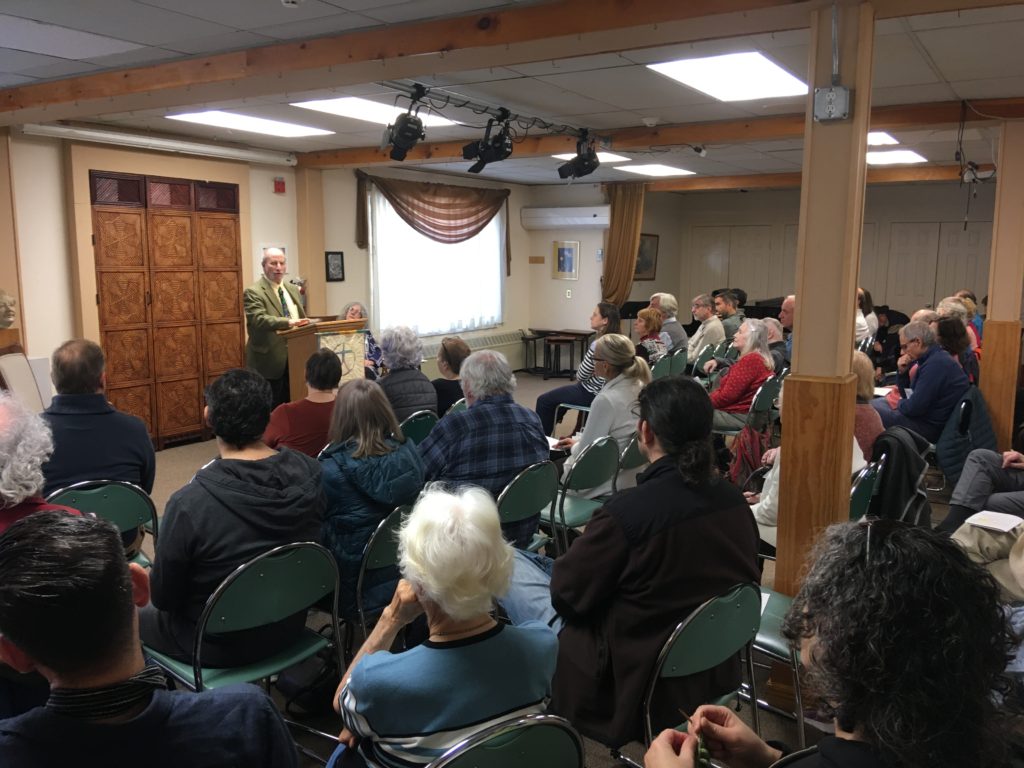This past Sunday’s Platform address was by Joe Chuman, Leader of the Bergen Society, and his topic was, “The Enduring Relevance of Ethical Culture”.

Ethical Culture was founded by Felix Adler in 1877. Adler was trained as a Reform Rabbi like his father who was the Rabbi of New York City’s largest Reform synagogue, Temple Emanu-El. Adler was a creature of his time and Ethical Culture was born out of the 19th-century conflict between science and religion as well as the social problems that came with the rise of the industrial age. The discoveries of physics and engineering made it clear that nature was governed by regular laws and made the notion of miracles less tenable. Discoveries in geology made it equally clear that the earth was millions of years old, not thousands. Darwin’s publication of The Origin of Species delivered the coup de grâce and made it explicit that the Bible’s origin stories could not be treated as literal truths. Furthermore, the cruelties of the Industrial Revolution and its need for cheap labor – shown so brutally in New York’s crowded slums – made manifest that we ought not treat people as instruments of society but rather as being of value in and of themselves.

Though he did not call himself an atheist, Adler wanted to create a movement that was free of supernatural underpinnings and dogma and which would focus on the intrinsic worth and dignity of people. Key tenets of Ethical Culture are that people inherently have value and are deserving of dignity, that what you believe doesn’t matter as much as how you act and that we are all interrelated to one another in fundamental ways. If Ethical Culture can be said to have a motto it is, “Always act so as to elicit the best in others, and thereby yourself”.
Adler viewed Ethical Culture as a new religion stripped of supernaturalism and without doctrines or dogmas. The 18th century had many secular philosophies but what made Ethical Culture unique was its congregational focus and its emphasis on the interrelatedness of us all.
Ethical Culture was and still is a small movement with Societies mainly in and around New York though there are also Societies in Texas, Virginia, Washington, D.C., North Carolina, St. Louis and elsewhere in America. Still, in this, the age of bowling alone and societal alienation, when people feel disconnected from their governments and patronized by the upper classes, Ethical Culture uniquely provides a congregational, secular and humanistic movement devoted to community in which one’s beliefs matter not so much, but one’s actions matter a great deal. “The Place Where People Meet to Seek the Highest is Holy Ground”.
You can read more about the history of Ethical Culture its history and its current place in the world here and here.


